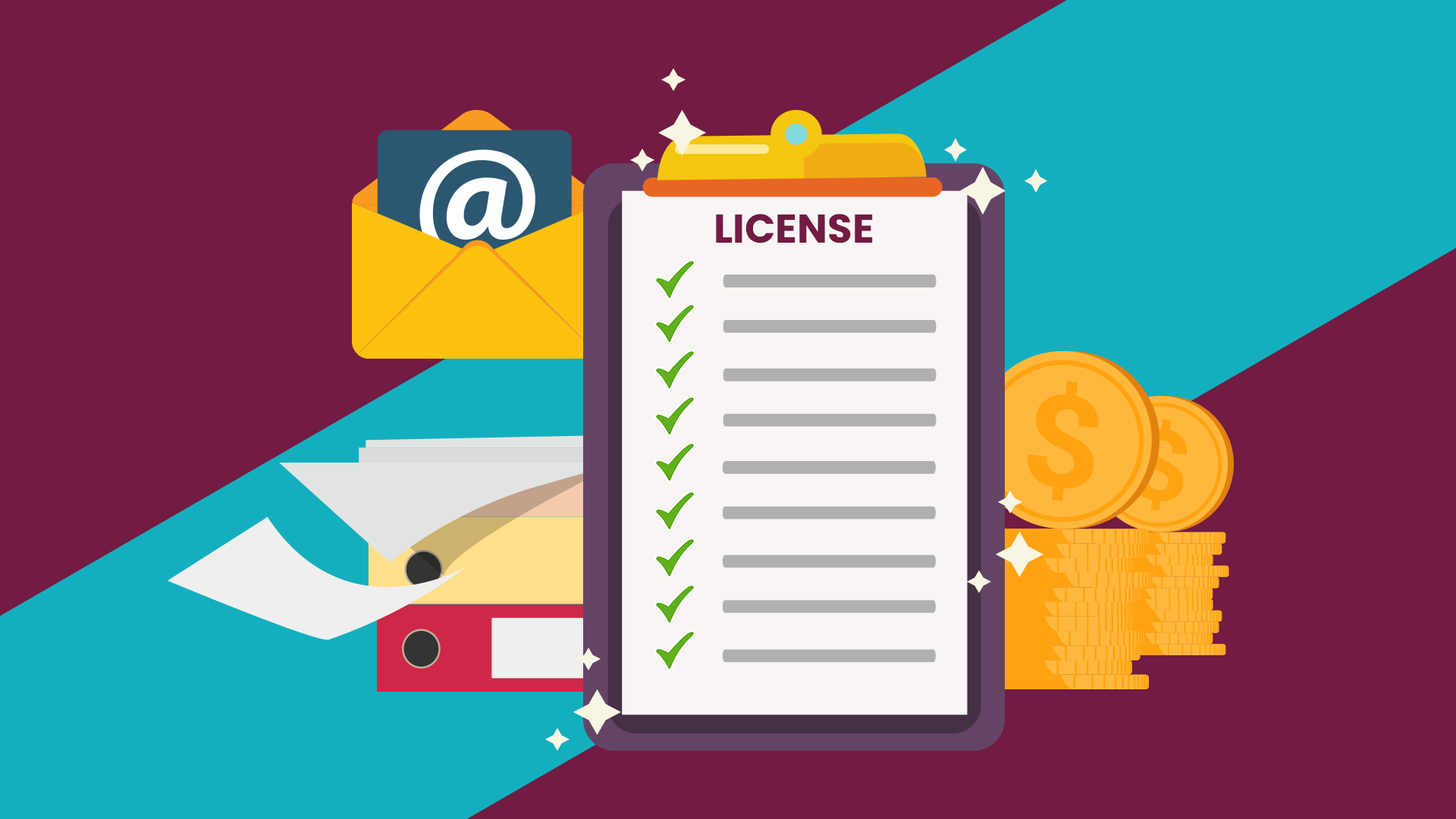Social Equity In California: Cannabis Industry
For many years there have been campaigns in the cannabis community regarding social equity. The war on drugs greatly affected minorities and people of color. Even though the legal cannabis sector is thriving, the communities that past cannabis regulations, arrests, and prosecutions disproportionately impacted are still suffering. The diversity worsens since the majority of the beneficiaries aren't from these communities. California has started social equity programs to ensure equity, inclusion, and diversity in the cannabis community.
Most of the states that legalized the use of cannabis have recognized the fact that the current legislation doesn't encourage small businesses in the cannabis industry to thrive. Hence the need for more legislation to promote social equity.
In March 2021, California announced a grant that would be distributed among ten cities. The money will be awarded to the cities, which have existing social equity programs. The programs help communities disproportionately impacted by the war on drugs and participate in the legal cannabis market. A large percentage of the new allotment will be awarded as loans and grants to social equity entrepreneurs.

The loan was awarded by the state Bureau of Cannabis Control and Governor Gavin Newsom’s Office of Business and Economic Development. According to Nicole Elliott, senior adviser on cannabis to Governor Gavin Newsom, “As we work to safely reopen our economy, leading with equity across all sectors will ensure a just recovery and further our commitment in creating a truly diverse legal industry,” The March 2021 grant will be the third grant awarded by the state of California, totaling up to $40 million.
The recipients of the 2021 grant are:
Oakland, $2.4 million
Sacramento, $1.8 million
Humboldt County, $1 million
Mendocino County, $832,000
San Francisco, $2 million
Long Beach, $1.2 million
Lake County, $888,000
Los Angeles, $2 million
Fresno, $1.2 million
Palm Springs, $869,000
The following seven local governments each received $75,000 to be used in running their respective social equity programs:
San Diego County
Escondido
Sonoma County
San Diego
Modesto
Trinity County
Richmond
The Isleton local government received $22,000 to support its local social equity programs. While it’s clear the state governments are trying to work harder towards achieving their objectives with social equity programs, what’s the role of the cannabis private sector?
Big cannabis companies have recognized the importance of social responsibility towards their cannabis clients. They are constantly working on ways and changes like coming up with reformed hiring practices or increased work visibility of minority groups. To fully develop effective social equity programs that will benefit minorities, it's essential to understand the legislation guiding the social equity programs in your state.
Every state has social equity applications criteria for applicants who want to open a cannabis dispensary. We will be taking you through the Californian social equity regulations.

California Cannabis Social Equity Rules
The social equity programs in California are supposed to address racial and social injustices in the cannabis industry. These iniquities are associated with the prohibition of cannabis and the war against drugs. Failure of these programs can lead to severe impacts in the cannabis industry and go as far as determining who gets the dispensaries licenses. Finding the best implementation model hasn't been easy.
The local city government of California has the responsibility of coming up with the criteria used during the cannabis dispensary license application. It also comes up with the ideal social equity programs. The recent regulatory amendment released by the Los Angeles cannabis authorities has been described as the most impactful and memorable. The amendments limit cannabis retail and delivery business opportunities to applicants from the impacted communities and minorities. The social equity applicants will enjoy this unique privilege until January 2025.
The amendments also redefined the disproportionately impacted regions. More than 150 police reporting districts, which were historically affected by weed arrests and convictions, were added to the list of disproportionately impacted neighborhoods. The amendments also revised the eligibility criteria for applicants to join the social equity programs. Individuals who meet two of the following requirements are allowed to take part in any social equity programs in California:
The applicant is categorized as a low-income earner.
The applicant was arrested or convicted due to past cannabis prohibitions in California.
The applicant is living in the recently defined disproportionately impacted regions of the state.
The Los Angeles authorities have also expanded their definition of equity for cannabis-based companies co-owned by social equity licensees. The main goal of this move is to ensure these businesses have adequate control over their operations, required profits, and voting rights. With the new definition, it's illegal to divest the requisite equity share of the social equity owner under any circumstances. Hence encourage unconditional ownership of the cannabis-based business.

You can learn more about the recent amendments on California’s Bureau of Cannabis Control official website. As you can see, there are so many issues around the social equity program and the problems continue to pile on top of each other. As the programs force people into tougher situations, we have created a more equitable solution to the social equity complications.
